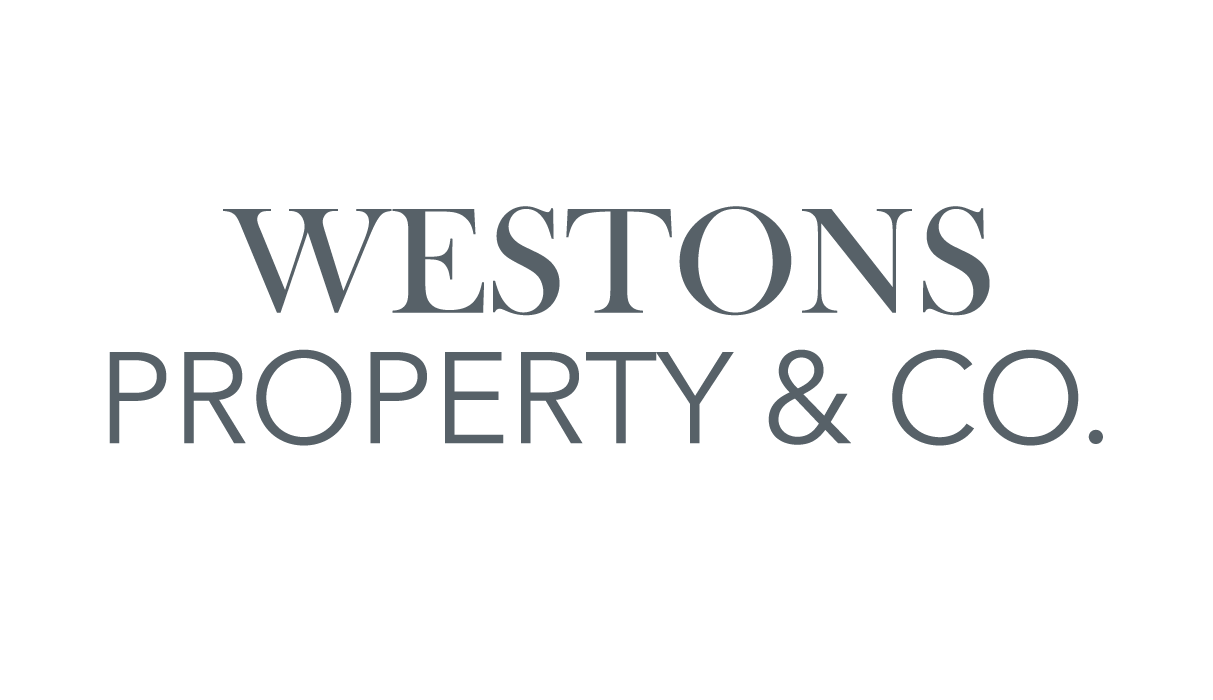
How to attract and keep good tenants in the Hills District
Although vacancy rates for rental homes in the Hills District are low right now – 2.6% in July 2021, according to SQM Research – it always pays to attract and retain good tenants in the long term. No property owner wants their investment house or unit sitting empty or the hassle and expense of a high tenant turnover.
A good tenant is one who pays the rent on time, looks after your property, communicates openly and promptly with you and/or your property manager about any issues, and abides by the lease agreement. But how do you find and hold on to such a tenant? Read on to find out.
Maximise the appeal of your investment property
Look at the house or unit as if you were a prospective tenant. Does it offer what renters are looking for in the Hills District? Do you need to make improvements to appeal to the right sort of tenant? Things to consider include repainting and reflooring throughout, updating the kitchen and bathroom if they look shabby, replacing outdated kitchen appliances or dysfunctional air-conditioners and ensuring the garden or outdoor space is tidy and easy for the tenant to maintain. Having the property professionally cleaned, including windows, blinds and curtains, should go without saying.
Make sure the rent is realistic
Check out what rents are being paid for properties that are similar to yours in the neighbourhood. You need to find a balance between pricing yourself out of the market and under-charging, as that will affect your rental yield. This is just one reason to work with one of Westons Property & Co’s professional property managers – we know the local market inside out.
Factor in flexibility for the right tenant
Particularly when market conditions are competitive, it can pay to offer some extra incentives for tenants. Allowing tenants to keep pets is a big one – according to a recent report by the RSPCA, more than 60 per cent of Australians own a pet, and since the start of the pandemic that number has increased dramatically.
Even when the market is tight, as now, being flexible could mean you attract a tenant who is willing to pay a premium or sign a longer lease because they have a pet. You can insert conditions in the lease agreement that ensure the tenant is responsible for any damage caused by a pet, and that carpets must be professionally deep-cleaned and treated for fleas at the end of the lease. And if you’re leasing a strata unit, be aware that in 2020 the NSW Court of Appeal overturned the right of apartment blocks to pass by-laws prohibiting animals.
Another incentive for attracting and retaining a good tenant is including garden and/or pool maintenance in the lease. That means you are in control of maintaining the outside space of your investment property exactly the way you want it, plus you also eliminate a potential area of conflict.
Maintenance and upkeep
Staying on top of maintenance keeps your tenants happy (and paying rent over the long term) and also ensures that your investment property stays in good shape. The bottom line is that a rental property must always be fit to live in. Landlords are responsible for repairing and maintaining the property so that it is in a reasonable state of repair, considering the age of the property, the amount of rent being paid, and the prospective life of the property. Of course, tenants have obligations too; for more details, see NSW Fair Trading.
Keep communications open
If there are repairs or maintenance jobs – or any other relevant issues – that your tenants have reported, it’s important that you or your property manager lets them know you’re onto it, even if you can’t deal with it immediately. Like any long-term relationship, it’s all about trust on both sides. That, in a nutshell, is the secret to attracting and retaining good tenants.
If you are a landlord with a rental home in The Hills District or looking to invest in a property within the region, and would like some local insights or property management expertise, please do not hesitate to get in touch.
